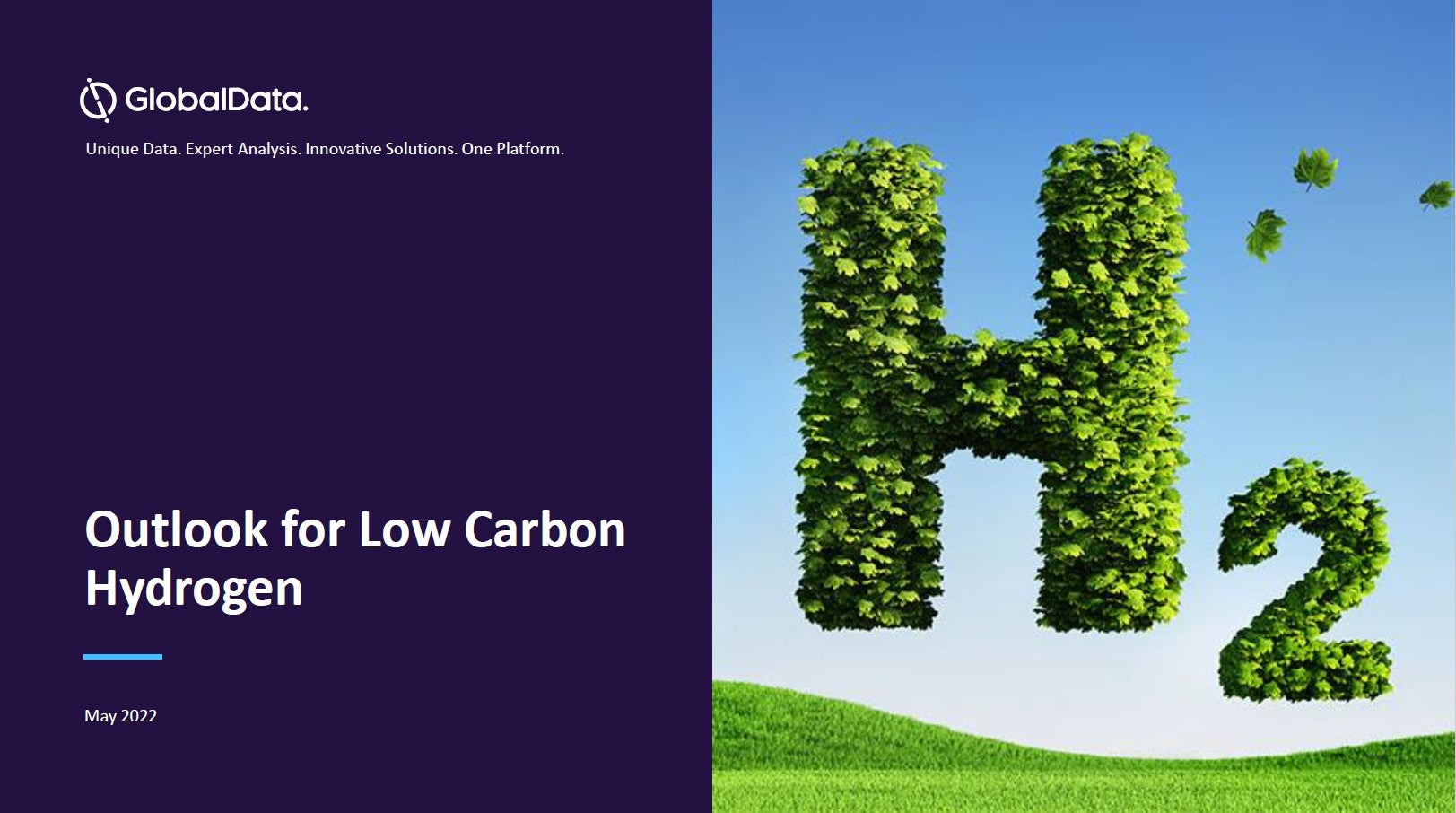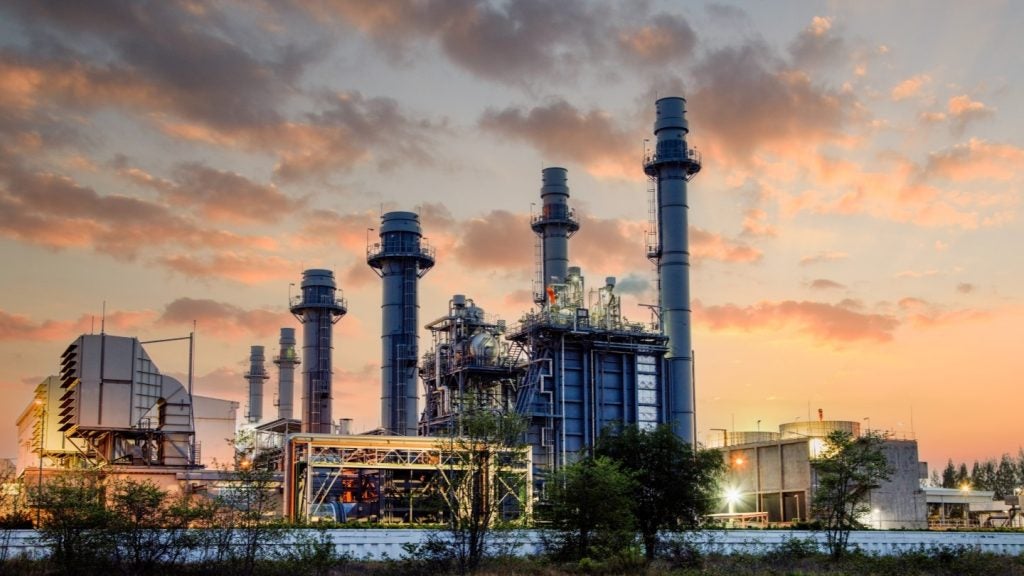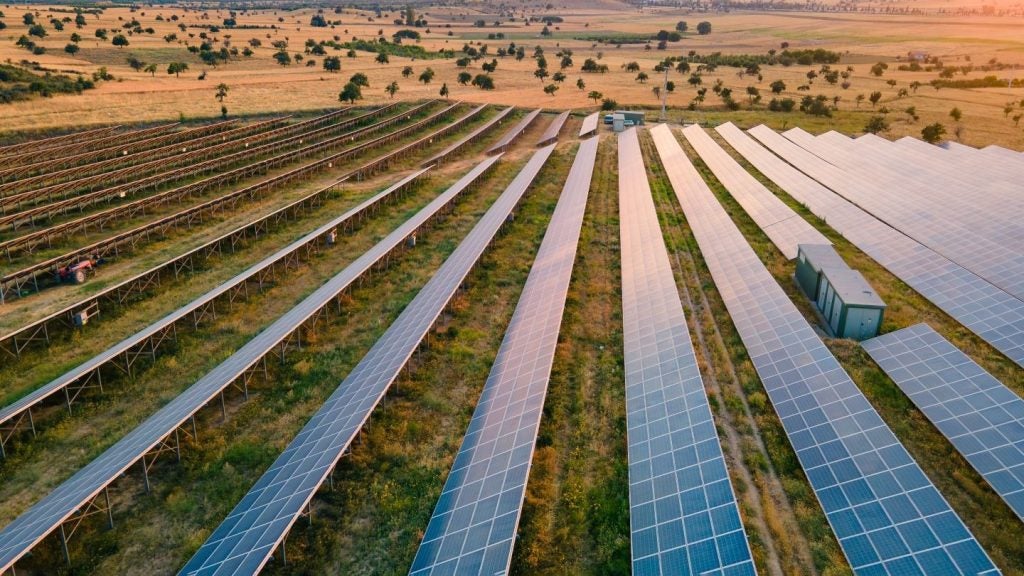
The International Energy Agency has announced the ten key findings of its Global Commission for Urgent Action on Energy Efficiency.
The ten points act as broad focuses for governments looking to ensure energy efficiency worldwide. The commission formed one year ago on Wednesday, and it has since expanded its scope to look at how the energy industry can play a key role in global recovery from Covid-19.
On Tuesday, IEA members and worldwide government figures discussed the findings across six sessions, hosted online.
The IEA commission’s findings
The commission’s recommendations look at several areas other than generation where the power industry can provide solutions. The commission examined the opportunities for long-lasting job creation, particularly following widespread job losses because of the pandemic.
It reads: “For example, it is estimated that the UK’s ambition for widespread deployment of heat pumps will create nearly 45 000 new jobs, but significant training will be required to build the necessary workforce. When Spain established a requirement for business energy audits in 2016, it also put in place programmes to develop a professional sector to carry them out.”
How well do you really know your competitors?
Access the most comprehensive Company Profiles on the market, powered by GlobalData. Save hours of research. Gain competitive edge.

Thank you!
Your download email will arrive shortly
Not ready to buy yet? Download a free sample
We are confident about the unique quality of our Company Profiles. However, we want you to make the most beneficial decision for your business, so we offer a free sample that you can download by submitting the below form
By GlobalDataThe commission said training and improving workforce skills are “essential” to continuing energy infrastructure growth. Examining the need to increase skills in construction and engineering, the report said: “These will not just be short-term stimulus jobs that lose relevance after the current crisis. On the contrary, jobs in energy efficiency will continue to grow in demand and relevance. Currently, there are not enough people with the skills required for clean energy transitions.”
Another key point found governments should legislate to encourage financing of energy projects by removing regulation “red tape” barriers or using grants to enable more efficient purchases. For instance, a Ghanaian scheme allowed workers to sacrifice wages to buy more efficient air conditioners and fridges.
Increasing energy efficiency needs more than technology and legislation
While digital innovation holds promise, the IEA believes governments need to prepare to receive advances. As an example, it looks at the Australian Government’s National Energy Analytics Research Programme, which aims to use data to better understand what drives power consumption.
While digital controls have allowed grids to optimise their efficiency, the report said increased efficiency has allowed energy consumption from data centres to remain flat. As larger-scale data centres open, the agency expects power demand to spike.
Other points stated that governments should lead by example, setting procurement rules such as those introduced in the EU and UAE. The report stresses the importance of involving all tiers of government and society, and the report showed Japan’s “Top Runner” labelling scheme as a good example of involving industry in designing policy.
Human behavioural insights are increasingly used in forming government policy, and the coronavirus pandemic is perhaps the most widespread example of this. The IEA encouraged legislators to continue this in designing their energy policies, saying: “Behavioural insights are important for all policies designed to change individual, household and business behaviours that impact energy consumption and investment in energy efficiency: they can help identify behavioural barriers to policy effectiveness and help redesign policy actions accordingly.”
Aiming for 3% annual increase in efficiency
The report encourages greater international collaboration and sharing of knowledge. It highlights the agency’s collaboration programmes and praises international organisations such as the Three Percent Club, a group of 15 governments aiming to achieve 3% annual improvement on energy intensity.
The report’s final point said all countries should aim for this as a global average, and all parties needed more ambition. “Such a level of ambition is fully achievable using available, cost-effective technologies, and would see the energy efficiency of the global economy double in the next two decades.”
Irish climate and environment minister Richard Bruton later echoed this to businesses in a talk on involving all levels of society in energy innovation. He said: “I think we need to engage with a lot of corporations. I suppose corporate social responsibility is increasingly recognising the planet as a part of that.
“We need to push corporations to be competitive about how they are delivering change, and to have demonstration projects in our neighbourhoods that can show our leading corporations are stepping up to this responsibility.”







